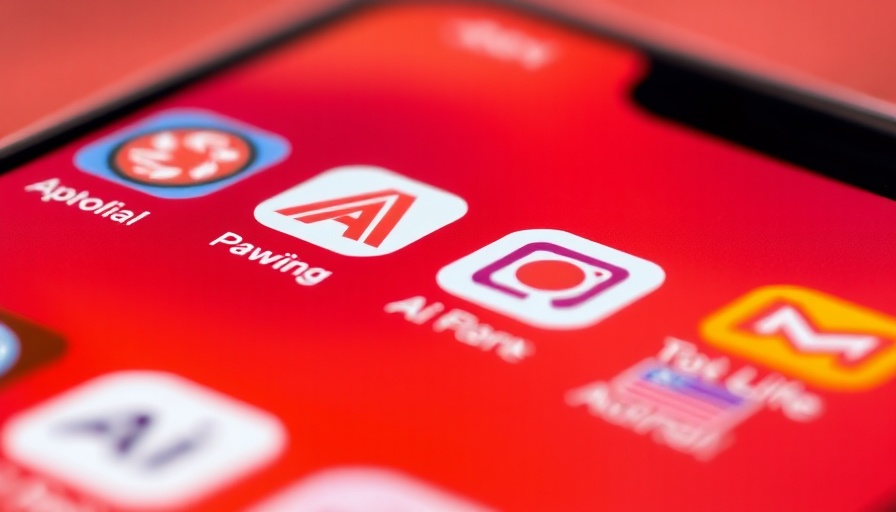
AI's Transformative Role in Media: A Controversial Intersection
In a landmark decision, a judge has recently dismissed an attempt by music publishing companies to prevent Anthropic, a startup fueled by major players Amazon and Google, from harnessing copyrighted music lyrics in training its AI model, Claude. This pivotal ruling highlights the delicate balance between innovation in artificial intelligence and the protection of intellectual property rights.
The Rise of AI Music Training
As artificial intelligence continues to evolve, it increasingly relies on vast amounts of data, including media such as music, to train models like Claude. These models aim to understand and generate human-like text, reliant on diverse linguistic inputs. The music publishers, including major entities like Concord Music, argue that using their copyrighted materials without permission infringes on their rights and diminishes their value.
This ruling opens a broader conversation about how AI technologies feed on existing creativity, and whether creators should be compensated for their original works used in AI training.
Why This Decision Matters: Is Progress Worth the Cost?
Supporters of the ruling argue that such advancements are crucial for the development of AI, emphasizing how these technologies can enhance creativity and provide new tools for artists. They contend that AI can evaluate and generate unique forms of music, potentially marrying classic styles with modern interpretations.
Conversely, critics warn that enabling AI unrestricted access to creative works could lead to a slippery slope where original creators are sidelined. This debate presents an opportunity to redefine copyright laws in the digital age, ensuring protection without stifling innovation.
The Broader Implications of AI in Copyright Law
The rising prominence of AI in various fields has necessitated a rethinking of copyright protections. As AI continues to impact industries from music to film, where does the line lie between inspiration and infringement?
For instance, AI tools have begun to assist in content creation across platforms, reshaping how we approach creativity itself. Thus, the ruling surrounding Anthropic’s practices not only pertains to music but echoes across all creative sectors, calling for a reassessment of established boundaries in intellectual property.
A New Era for the Music Industry?
This case could signal a paradigm shift in how the music industry collaborates with technology. If AI tools can be utilized responsibly within the bounds of copyright regulations, they might create new revenue streams for music publishers while providing AI developers with invaluable training data.
Indeed, several collaborative models are emerging in the industry. For example, some artists have begun exploring partnerships with AI developers where music creation and copyright are mutually respected and compensated, fostering a more integrated approach to innovation.
Exploring Future Trends and Predictions
As courts continue to navigate these complex issues, it’s conceivable that we may see more tailored copyright laws specific to AI use, balancing protection for creators while fostering innovation. The Anthropic case acts as a catalyst for dialogue among stakeholders, prompting essential legal discussions around the use of AI technology in creative processes.
Following this judgment, expect increased scrutiny on how AI interacts with existing creative materials as developers look for sustainable ways to leverage music and art while respecting the rights of original creators.
Your Takeaway: The Future of AI and Music
For enthusiasts and innovators in the AI field, keeping an eye on these developments is crucial. Understanding how new technologies impact traditional industries will inform strategic decisions. For music lovers, this could mean an exciting phase for both AI-generated content and the evolving marketplace of music rights.
As this conversation evolves, it remains vital to engage with both sides of the argument. Seeking out balanced perspectives will illuminate the path forward, whether you’re an AI enthusiast eager for advancements or a creator concerned with protecting your intellectual property.
Don't hesitate to join the conversation—understanding these legal complexities is part of embracing the AI revolution. What are your thoughts on AI's role in the future of music and creativity?
 Add Row
Add Row  Add
Add 




 Add Row
Add Row  Add
Add 

Write A Comment